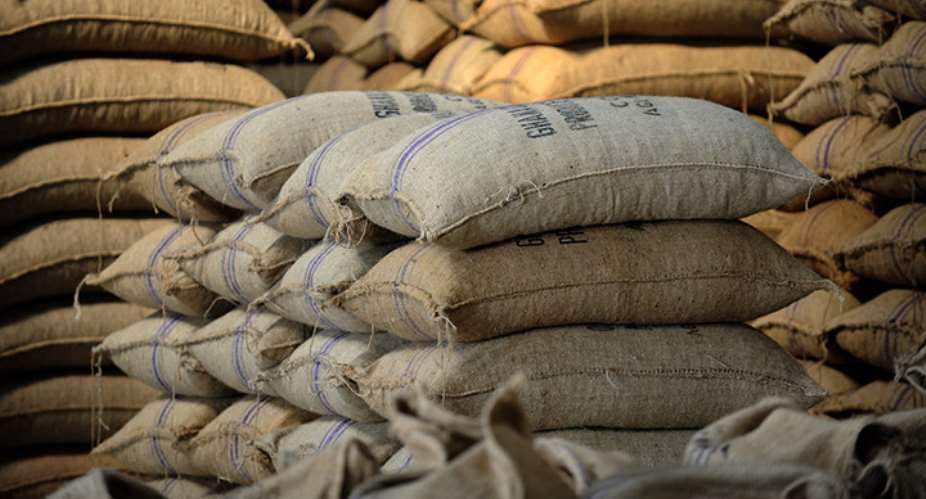The discourse surrounding child labour in the cocoa supply chain in Ghana requires nuanced consideration within the local context. In our African settings, particularly in Ghana, contributing to our parents' work on the farm is often viewed as a normative and acceptable practice. This involvement is seen not as labour but as a crucial aspect of our developmental journey, offering us the opportunity to support our families while pursuing education.
While assisting our parents is considered positive for our overall development, it is imperative to distinguish when such involvement becomes detrimental. If the tasks undertaken pose harm to children, impede their education, or compromise their childhood, the issue of child labour becomes evident. To comprehensively address this matter, it is essential to incorporate economic, geopolitical, cultural, and historical perspectives into the discussion.
Defining and discussing child labour in the cocoa industry in Ghana demands a contextualized approach. Generic definitions may not capture the intricacies of the situation. Unfortunately, reports from journalists and organizations often lack well-defined variables and contextualization, hindering a comprehensive understanding of the issue. Just as the offspring of an elephant differs from that of a giraffe, acknowledging the diverse circumstances and influences is crucial in unraveling the complexities of child labour in the cocoa sector.
In advocating for the understanding of children assisting their parents in trade within the Ghanaian context, various theories and perspectives shed light on the positive aspects of such involvement. One theory that aligns with this notion is the socio-cultural theory, which emphasizes the influence of cultural context on child development. In many African societies, including Ghana, active participation in family activities is seen as a vital part of a child's socialization and learning process. Contributing to trade can instill important values, skills, and a strong work ethic.
Moreover, the economic theory of human capital development posits that investing in education and skills development during childhood enhances future productivity. By assisting parents in trade, children may acquire practical skills and knowledge that are valuable for their future economic contributions. This aligns with the idea that supporting family enterprises can be a form of informal apprenticeship, fostering the transfer of generational knowledge and expertise.
Recognizing the distinction between positive involvement and harmful child labour hinges on task nature, impact on education, and child well-being. Advocating for a balanced perspective, considering cultural, economic, and psychological aspects, contributes to a nuanced understanding of children's role in assisting parents in trade.





 Let’s be true believers, not just church goers – Catholic Priest to Christians
Let’s be true believers, not just church goers – Catholic Priest to Christians
 Ejisu by-election: "We don’t need an independent candidate" — Akufo-Addo fights ...
Ejisu by-election: "We don’t need an independent candidate" — Akufo-Addo fights ...
 Election 2024: Bawumia dares Mahama to two-man debate as he starts countrywide t...
Election 2024: Bawumia dares Mahama to two-man debate as he starts countrywide t...
 'Borla' BVDs: 'Why would anyone want to buy 10 used biometric devices 'hard-code...
'Borla' BVDs: 'Why would anyone want to buy 10 used biometric devices 'hard-code...
 Professor Jane Naana pays last respect to Modestus Ahiable
Professor Jane Naana pays last respect to Modestus Ahiable
 IT is a major skill needed for the job market - Industry Players
IT is a major skill needed for the job market - Industry Players
 Nungua Traditional Council performs “Jenten Nishwamo” ahead of Homowo
Nungua Traditional Council performs “Jenten Nishwamo” ahead of Homowo
 Tema residents demand end of dumsor
Tema residents demand end of dumsor
 A vote for Owusu Aduomi is a vote gor NDC – Bawumia tells Ejisu residents
A vote for Owusu Aduomi is a vote gor NDC – Bawumia tells Ejisu residents
 S. Africa's ex-president Zuma makes surprise comeback
S. Africa's ex-president Zuma makes surprise comeback
